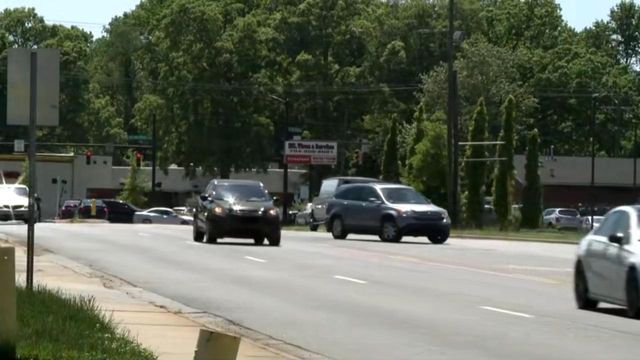Lawmakers try again to limit city, county building inspections

House lawmakers are trying to put limits on rental inspection programs that cities use to curb blight, saying municipal and county officials have used it as a revenue generator rather than as a safety measure.
Although the programs vary, in general they require that landlords register their rental properties, provide information about renters and pay an annual fee. The measure limiting those programs, House Bill 530, mirrors a similar bill that the state House passed during the 2013 legislative session but senators never took up.
The 2015 version of the bill cleared the House Local Government Committee on Thursday after a nine-minute discussion and amid a flurry of legislation that is rushing through the legislative process in advance of a key deadline. The bill is due to be heard by the House Regulatory Reform Committee before making its way to the House floor.
"To charge everyone a fee every year without reason to believe there's a violation is an overreach, and that's the reason there's a restriction (in this bill)," Rep. Bill Brawley, R-Mecklenburg, said.
Raleigh's Rental Dwelling Registration Ordinance, for example, requires that landlords pay an annual fee – ranging from $15 a year for properties with three units to $50 per year for the owners of buildings with 20 or more rental units – and keep certain information on file with the city. Durham's program requires annual inspections for rental properties.
"We have a lot of property in Durham that is not up to code," Rep. Paul Luebke, D-Durham, said. "Why not let a local government do what it feels is right?"
Brawley said cities could inspect properties where there's reason to believe there's a problem at any time. But, he said, to submit all properties to annual fees and inspections unfairly charges landlords abiding by the rules and creates situations where landlords are blamed for the actions of criminals.
His bill would limit any city or county to conducting annual inspections to 5 percent of its land area where problems have been identified. It curbs registration of rental units except in cases where there has been a certain number of violations and makes other changes favorable to landlords.
The measure faces opposition from groups representing local governments, and several lawmakers said they were uneasy with the measure despite agreeing to send it on to its next committee.
"I think I understand where there can be abuses," said Rep. Stephen Ross, R-Alamance, a former Burlington mayor. "But I think the stipulations set forth in this bill are too restrictive. I know in my city, we have worked to clear up blight. When you're dealing with drugs and criminal activity and some of the things that go on, you use any tool that you can."









